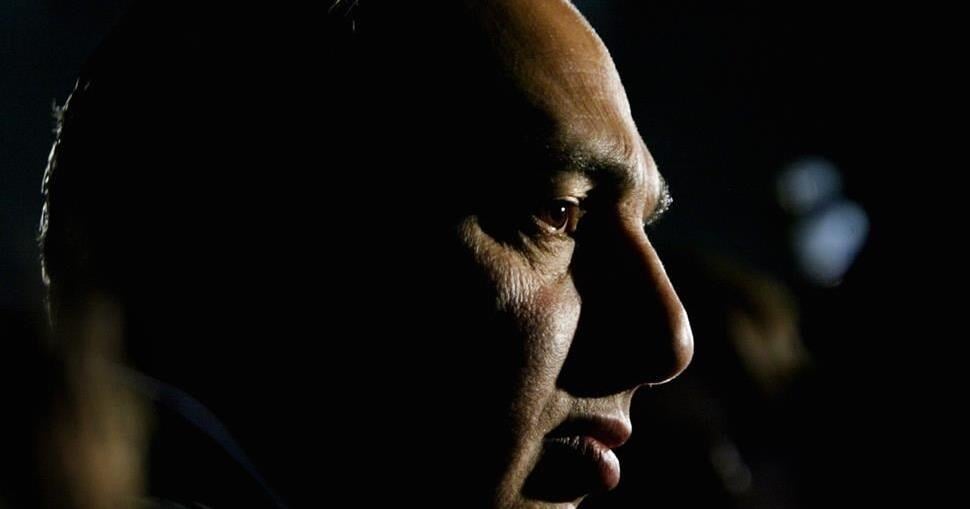VANCOUVER – The suspension of BC United’s election campaign left centrist voters in British Columbia “orphaned,” and a new provincial party under the Liberal brand is needed, says former federal cabinet minister Herb Dhaliwal.
Dhaliwal, who served in the House of Commons for more than a decade in multiple Liberal government cabinet postilions, said Tuesday that he wants to revive a liberal party for those left politically homeless after the BC United collapse in favour of the BC Conservatives.
“There are lots of people, they’re not interested in voting for either, so they feel betrayed and they feel orphaned by what’s happened,” Dhaliwal said Tuesday, referring to the BC Conservatives and the BC United Party.
He said he wants to build a new party for moderate and centrist voters under the name “New Liberal Party of BC” in time for the election on Oct. 19, but Elections BC has rejected the name due to its potential to confuse voters.
Dhaliwal said in a written statement released Tuesday that the former BC Liberal Party that rebranded as BC United was doomed by a “backroom deal” with the BC Conservative Party, leaving moderate voters without a “preferred political choice on the ballot.”
“I personally don’t think it’s good for British Columbia to have this, you know, extreme right and left,” he said in an interview. “This polarization of politics is not good for British Columbia or for the country.”
Dhaliwal, who left his Vancouver-area riding in 2004, said Leader Kevin Falcon’s suspension of the BC United campaign “betrayed” supporters, and the province risks returning to a “dysfunctional” state of “polarizing right versus left combat.”
“Many times people have asked me to come back into politics and I’ve said, No,” Dhaliwal said. “But in this situation, where I think we’re going in really a wrong direction, I felt it was necessary for someone to try to do something about it.”
Dhaliwal said he hopes Elections BC will allow a new party under the name “New Liberal Party of BC” because Kevin Falcon’s BC United Party dissociated from the “Liberal” brand when it changed its name.
Dhaliwal, through lawyer Joven Narwal, has asked Elections BC to reconsider the rejection of the name.
In a letter to the agency dated Sept. 13, Narwal told elections officials that adding “not associated with BC United” or a similar phrase to the ballot could avoid “any conceivable confusion in the minds of voters.”
Elections BC communications director Andrew Watson said Tuesday that the provincial Elections Act prohibits parties from registering if the chief electoral officer believes “its name is likely to be confused with a currently registered political party, a party that has a registration application currently pending, or a party that was registered at any time during the past 10 years.”
Watson said the bracketed phrases proposed by those seeking to register the “New Liberal Party of BC” to avoid confusion with BC United and the former BC Liberal Party still don’t make the cut.
“It’s really, really important that voters have no doubt about which party they’re voting for when they go to mark a ballot and that there’s no possibility for voter confusion,” Watson said. “These rules have been in place for a long time in B.C. elections.”
Dhaliwal said he’s hoping the party name issue can be resolved with the election looming in just over a month.
He declined to reveal who he would want to lead the new party, saying it would be “premature” as they await word from Elections BC.
“We think this is best for British Columbia,” he said. “That’s why we’re making an effort. You know, it’s better to try to do something then later on regret, why didn’t we do anything about it? Why didn’t we try it? We’re trying.
“We’ll see what happens. If it works, it works. If it doesn’t, well, that’s part of life,” he said.
This report by The Canadian Press was first published Sept. 17, 2024
